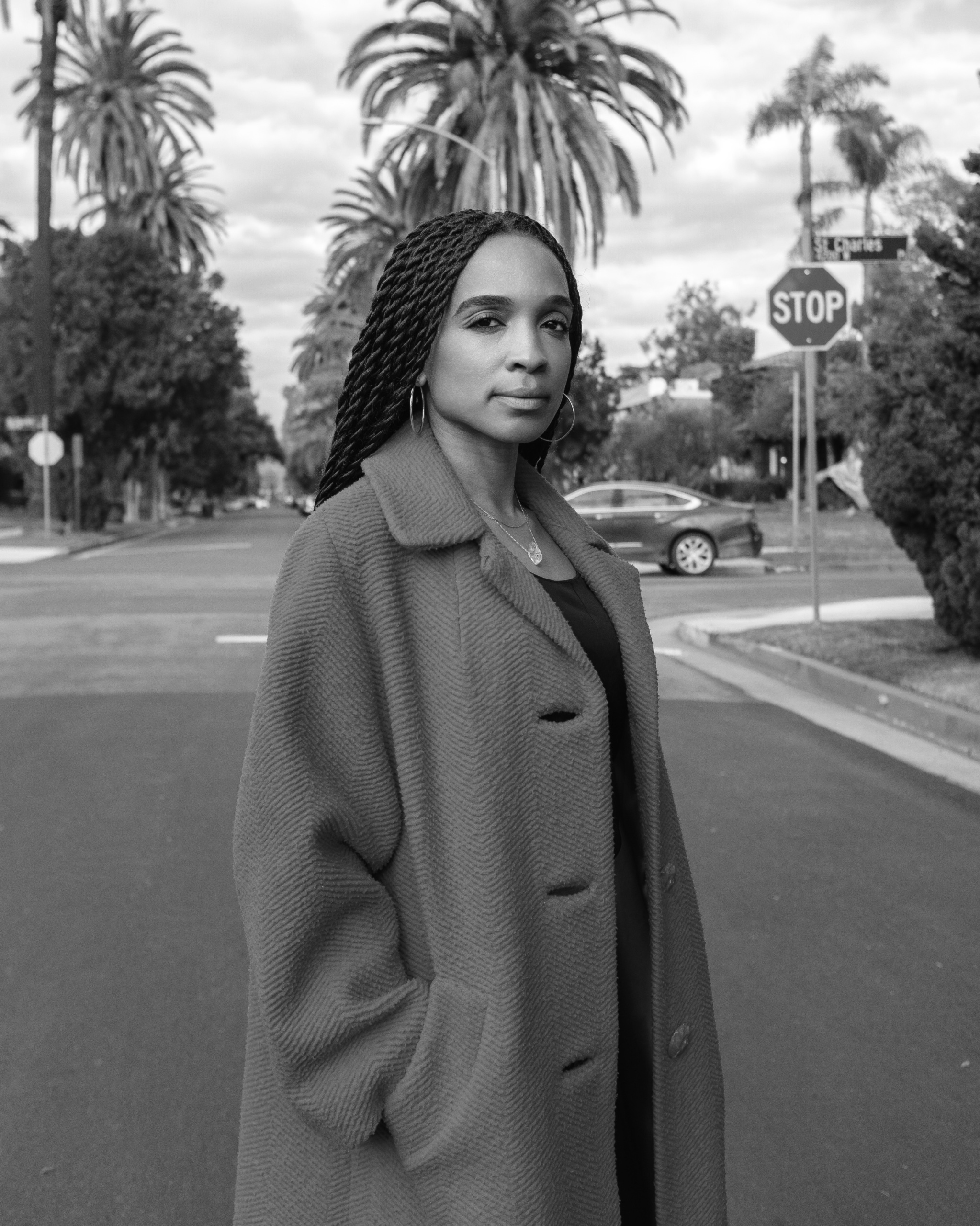
Erin Christovale: You mentioned that you grew up with art in the home; how do you think that has inspired your creative process? Art, in its various forms and in a very natural way, pervaded almost everything in my home. It is an indelible thread throughout the tapestry of my family’s legacy. My parents created an environment that made it easy for our eyes, hearts and minds to develop our own relationship with self and creativity.
If it wasn’t tickets to an Alvin Ailey or Broadway show, it was performances by the Los Angeles Philharmonic, or our coveted outings to museums—MOCA in particular. My family was relentless in finding ways to inspire our own creativity. They encouraged all of us and nourished our spirits with the brilliance of Faith Ringgold, Walter Mosley, Nikki Giovanni, Brahms, Gordon Parks, Zora Neale Hurston, Jacob Lawrence, Chagall, Toni Morrison and Josephine Baker, as well as with black folklore and our own cultural traditions that date back centuries.
EC: I don’t think people talk enough about how influential the Great Migration was/is to the shaping of Hollywood. Can you speak to your family’s personal journey within that migration and the legacy of filmmaking that you’ve stepped into? I find these stories of black pilgrimage to be so incredibly beautiful. My father served in the Vietnam War and traveled all over Europe, to then find himself back in Alexandria, LA. As the word of opportunity sprang from the lips of his closest friends, he felt compelled to travel west to California. I’m always so moved at the courage it must have taken for him to uproot his whole life, in the face of such pervading adversity, and create anew. My father is a filmmaker and it has only been within the last few years that I’ve come to understand deeply that my passion for moving pictures is a mere extension of a passion that began with him, decades ago. The resilient bricks of sacrifice and action that my family laid have afforded me the opportunity to align my work with my mission.
EC: Your first major project as a producer was Guava Island (2019), a short film featuring Donald Glover and Rihanna and shot on location in Cuba. How did you land this gig? I was at quite a crossroads in my life before I signed on as a producer for Guava Island and, to put it plainly, I have been fortunate enough to encounter friends, like Donald, who over the years have become family. Through his unyielding support and a dynamic village of people, this instinctual dream became an opportunity for me to act as the storyteller I’ve always known myself to be.
I’m a Nichiren Buddhist and I relied on my practice more than ever during this time. The real victory is winning over everything within you that says you’re incapable and pursuing your passion anyway. The icing on the cake is having people in your life who seek to unearth your talent, celebrate your gifts and want to see you win no matter what. I’m so grateful to be lifted up by a community like that.
EC: You’re now producing your first documentary about Olympian track and field star, Allyson Felix. What inspired you to take on her story? Allyson—Shug, as we call her—is also someone I consider family. We’ve known each other since we were babies, both living in Lafayette Square as kids and then reuniting on the track as high school athletes. Shug has always been an inspiration to me and I want the whole world to witness how extraordinary her humanity is. She is not only one of the greatest athletes of the 21st century—currently the most decorated female track and field athlete in US history—she is also an innovator, wife, mother and activist. She’s an example that, more often than not, women don’t get to see in other women, especially black women. She single-handedly changed policy at Nike thanks to an unbelievable New York Times opinion piece, became the first sponsored athlete at Athleta and managed to surpass Usain Bolt as the most decorated World Champion in track and field just ten months after an emergency C-section. In addition to all of this, she continues to raise awareness around this country’s black maternal mortality crisis after her own traumatic pregnancy. There is nothing she can’t do; impossible is not in her vocabulary. She represents and instills an unyielding sense of hope and the world needs so much more of that right now.

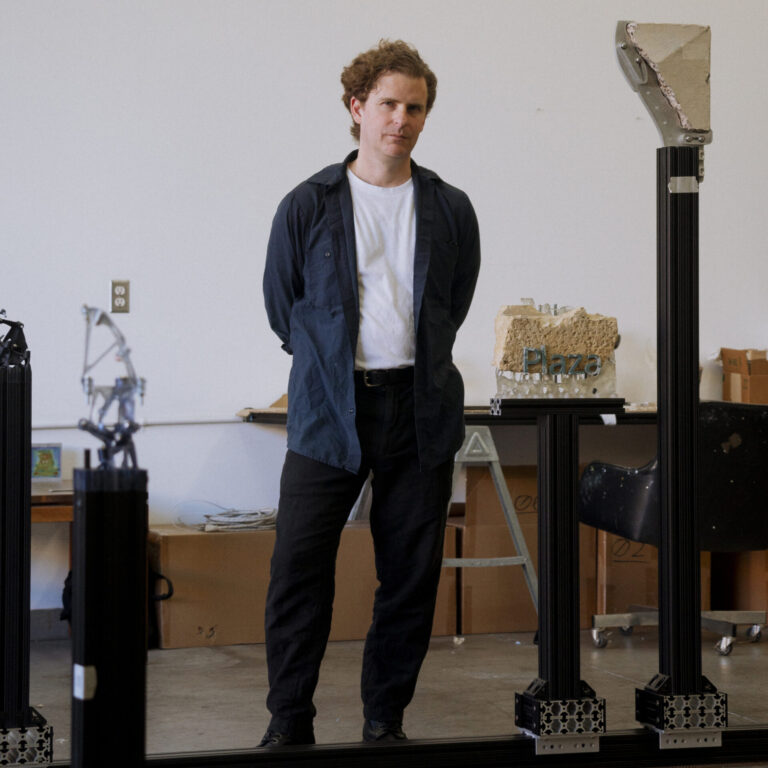
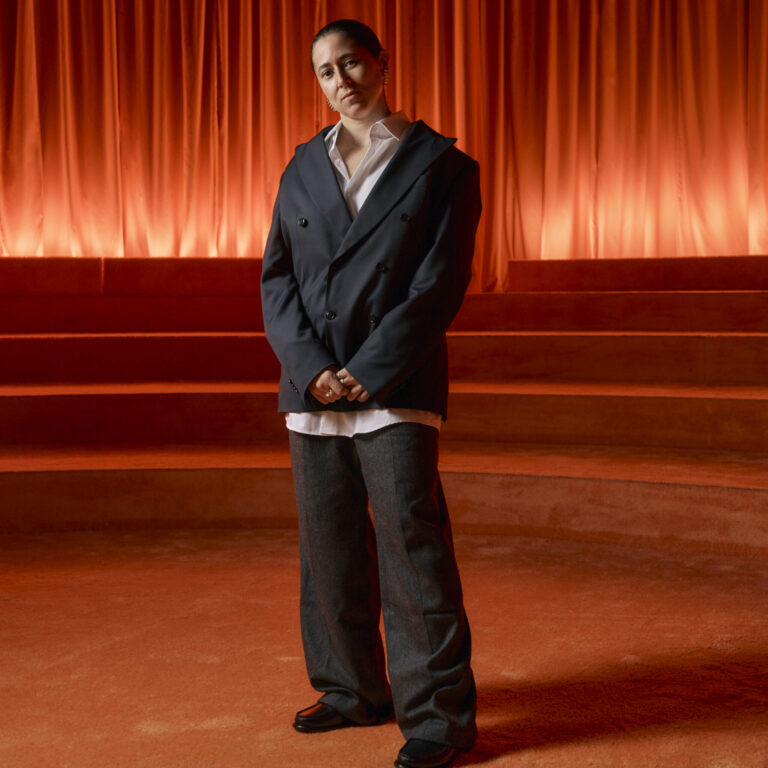
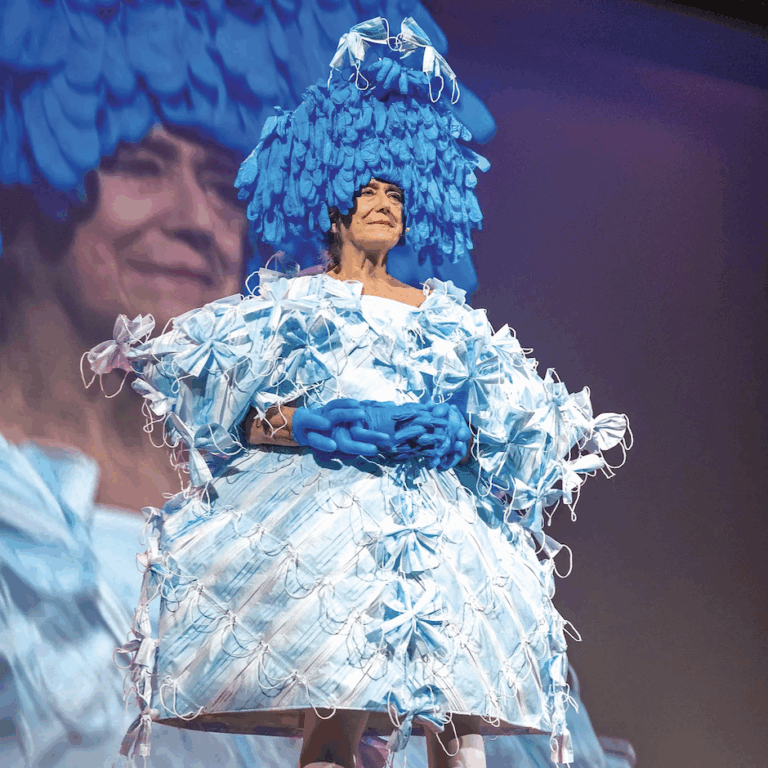

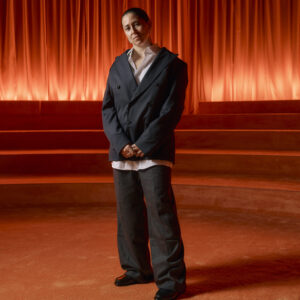
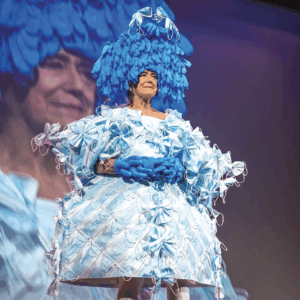



 in your life?
in your life?

